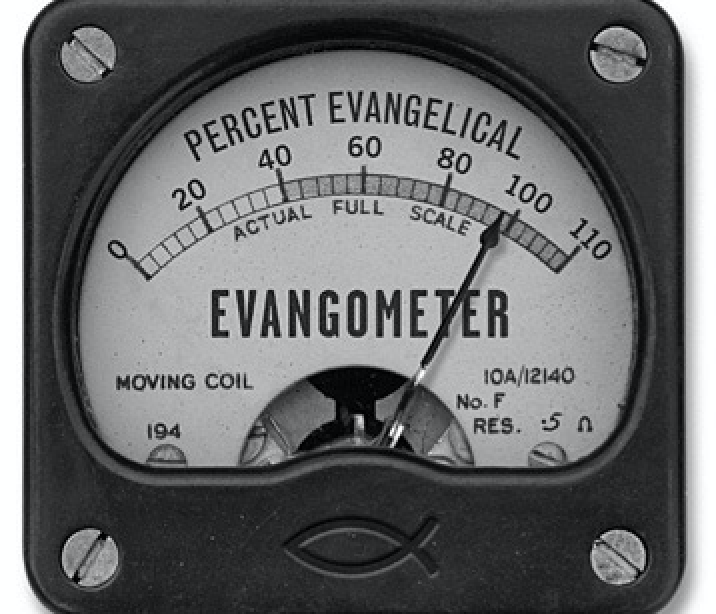I’ve never visited Walt Disney World, but I did make it to Disney church one Sunday.
Mickey, Minnie and friends are, as you might have noticed, key actors in the nation’s latest culture war skirmish.
Over the last week, the fight over Florida’s Parental Rights in Education bill — or, as critics call it, the “Don’t Say Gay” law — has made front-page headlines in the New York Times, the Wall Street Journal and the Los Angeles Times.
Call it Disney déjà vu.
The Los Angeles Times’ Ryan Faughnder asserts:
It’s a battle that, to people who have followed Disney’s history, has a familiar ring. The current conflict is just the latest clash to reveal underlying tensions that have existed between Disney and religious conservatives for decades as the company has increasingly embraced the LGBTQ community.
It has strong echoes of the anti-Disney protests of the late 1990s, when religious leaders criticized the extension of health benefits to the partners of LGBTQ Disney employees, the coming out of Ellen DeGeneres on her sitcom on Disney-owned ABC and unofficial “Gay Day” celebrations at the theme parks.
Religious broadcaster Pat Robertson, host of “The 700 Club,” warned the city of Orlando that it risked hurricanes by tolerating Gay Days. The Southern Baptist Convention in 1997 called for a Disney boycott after the nondenominational American Family Assn. campaigned against the Burbank entertainment giant by sending thousands of protest packets to pastors. The difference now is that, instead of brochures, there’s Fox News and Twitter.
A major development in the current brawl came Thursday, as the Wall Street Journal’s Arian Campo-Flores and Robbie Whelan report:
Florida lawmakers gave final approval to a bill that would end a special tax district that allows Walt Disney Co. DIS 0.07% ▲ to govern the land housing its theme parks, escalating a weekslong dispute with Disney over its public opposition to a Florida bill that limits classroom instruction on gender and sexuality.
The measure now goes to Republican Gov. Ron DeSantis, who has made clear he would sign it.
In a twist, Southern Baptists have been “offering discounted Disneyland tickets for families traveling to Anaheim this June for the denomination's big annual meeting,” as the Tennessean’s Liam Adams reported earlier this month.










